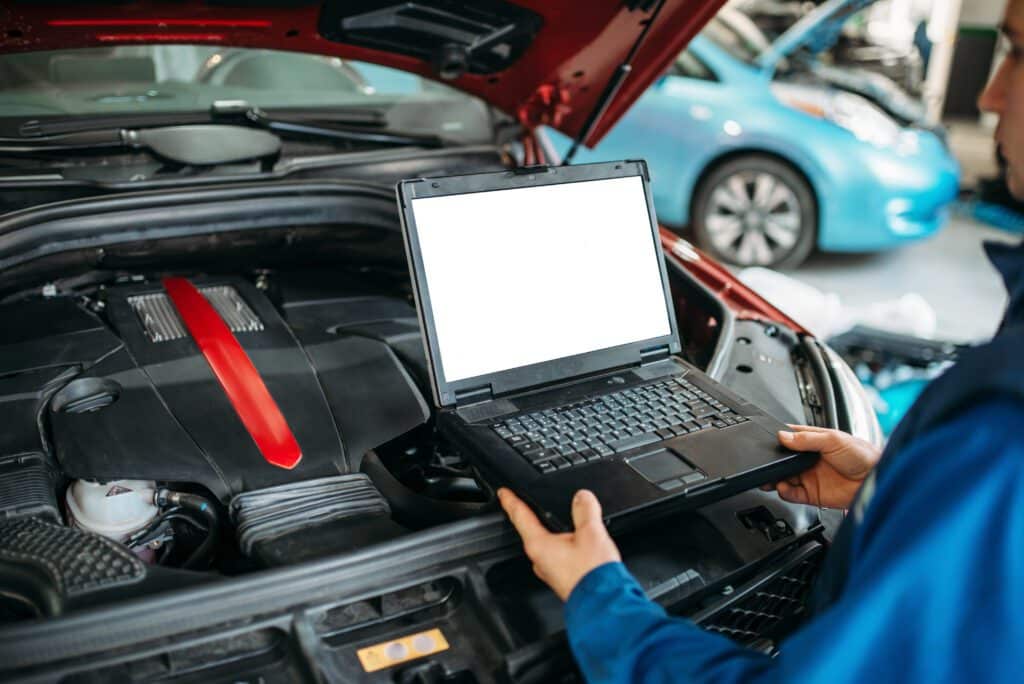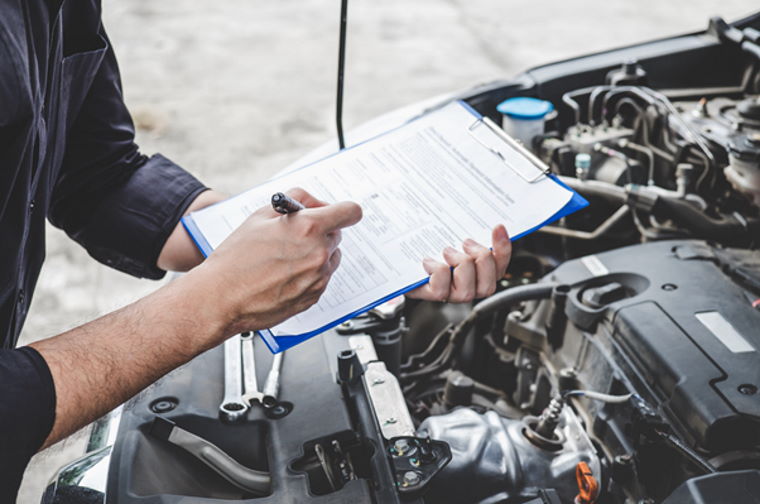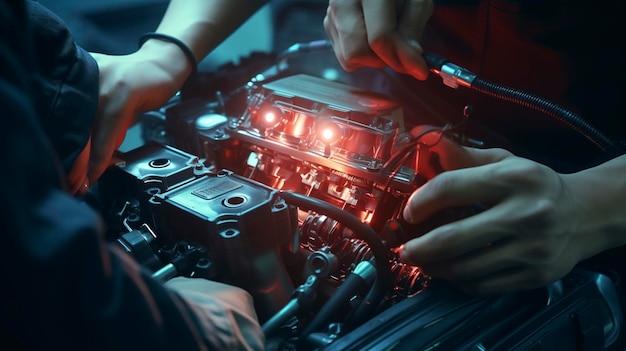When your car starts acting up, the first question that often comes to mind is, ‘What is auto engine diagnostic?’ This innovative technology is here to provide a tremendous solution to car maintenance and repairs. We are delighted to dive deep into understanding how this technology functions and why it’s so important for your vehicle’s health.

Understanding Auto Engine Diagnostics
Auto engine diagnostics refer to the process by which a car’s onboard computer system identifies and reports issues within the vehicle. This includes anything from engine problems to transmission issues and beyond. By connecting a diagnostic tool to the vehicle’s computer system, mechanics can quickly locate the problem without the need for time-consuming guesswork.
How Does Auto Engine Diagnostic Work?
The process initiates when a diagnostic tool is plugged into the car’s OBD-II porttypically located under the dashboard. The tool reads the diagnostic trouble codes (DTCs) stored in the car’s onboard computer. These codes indicate what issues the system has detected. The mechanic can then interpret these codes to understand what repairs are needed.
The Role of OBD-II Port
The OBD-II port is a gateway to your car’s brain. It conveys information about various systems, including the engine, transmission, and emissions. Most vehicles made after 1996 are equipped with an OBD-II port, making it easier for technicians to diagnose issues accurately.
The Importance of Diagnostic Trouble Codes (DTCs)
These codes are essential for identifying specific issues. They range from simple alerts about low fuel levels to more complex engine failures. Mechanics use these codes to determine the exact problem that needs fixing, saving time and money for both the technician and car owner.
Signs That Your Car Needs a Diagnostic Test
While it might not always be obvious, several signs indicate when your car needs a diagnostic test:
- Check Engine Light is on
- Unusual noises coming from the engine
- Decreased fuel efficiency
When you notice these symptoms, it’s crucial to get a diagnostic test to avoid more severe problems down the road.
Benefits of Regular Engine Diagnostics
Regular diagnostics can save you from costly repairs and ensure that your vehicle runs smoothly. Here are some tremendous benefits of regular engine diagnostics:
- Early Problem Detection
- Cost Savings
- Improved Performance
DIY Diagnostics: Can You Do It Yourself?
For those who are tech-savvy, it’s possible to conduct some basic diagnostics at home using a consumer-grade OBD-II scanner. These tools are affordable and can provide insights into your car’s health. However, professional diagnostics are recommended for more complex issues.
Choosing the Right OBD-II Scanner
When opting for a DIY approach, ensure you choose a scanner compatible with your vehicle. There are many options available, ranging from basic code readers to more advanced diagnostic solutions. Look for user reviews and product ratings to make an informed decision.
Professional Diagnostics vs. DIY
While DIY diagnostics can be helpful, professional diagnostics offer a more comprehensive view of your vehicle’s health. Mechanics have access to advanced diagnostic tools and years of experience, making them better equipped to handle complex issues.
Future of Auto Engine Diagnostics
The future looks bright for auto engine diagnostics. With more advancements in technology, diagnostic tools are becoming more sophisticated, offering quicker and more accurate results. Innovations like remote diagnostics and AI integration are set to revolutionize the industry.
Conclusion
Understanding what an auto engine diagnostic is and its importance can significantly enhance your car maintenance routine. As technology evolves, these diagnostic tools become more efficient, ensuring that your car remains in top-notch condition. We are delighted to see the tremendous advancements in this field and look forward to what the future holds.
FAQs
What is the primary purpose of an auto engine diagnostic?
The primary purpose is to identify and report issues within a vehicle’s systems, including the engine, transmission, and emissions.
How often should I get a diagnostic test for my car?
It’s recommended to get a diagnostic test annually or whenever you notice any issues.
Can I conduct my own diagnostics at home?
Yes, basic diagnostics can be done at home using a consumer-grade OBD-II scanner, but professional diagnostics are recommended for complex issues.
Internal Links

